China filling US-created vacuum in Middle East: Washington-based daily
China has been filling the vacuum that the United States is creating in the Middle East, an American newspaper argues, after the government of Bashar al-Assad announced that Syria has joined China’s Belt and Road Initiative.
In an article published on Friday, The Hill made a reference to Syria’s announcement, saying it coincided with a joint statement by China and the [Persian] Gulf Cooperation Council (GCC) calling for a strategic partnership that would include an eventual free trade area.
The article said Washington’s primary concern in the Middle East appears to be a revival of the Joint Comprehensive Plan of Action (JCPOA), commonly known as the 2015 Iran agreement, which was abandoned by the US in 2018 under former US president Donald Trump’s administration.
“Beyond reaching a renewed nuclear arrangement with Iran, the Biden administration has made it clear that East Asia and Europe are its priority concerns. And both China and regional actors have not failed to take notice,” it said.
The Hill further said the GCC states are increasingly uneasy about America’s reliability and will be even more so if Washington reaches an agreement with Iran and the remaining parties to the JCPOA to rejoin the deal.
The Biden administration must cease to signal that the Middle East somehow has become a lower priority for the United States, the article said, insisting that China’s increasing influence in the Middle East will have “serious repercussions” for America’s national security.
On January 12, Syria officially joined the Belt and Road Initiative (BRI), months after President Assad met with his Chinese counterpart in Beijing, where they discussed Syria’s gaining membership in the BRI.
The deal will help Syria expand its cooperation with China and other countries and rebuild itself in the aftermath of a decade-long war that was coupled with US-led economic sanctions. It will also enable Damascus to circumvent the effects of harsh US sanctions on the country, particularly the so-called “Caesar Act” sanctions.
“China can play an important role in weakening the impact of the Caesar sanctions,” Joshua Landis, head of the Middle East department at the University of Oklahoma, has said in an interview with The Cradle.
“In Iran, China has done this,” Landis explained. “Iran’s oil exports, which were devastated by sanctions, have begun to grow again, largely because China is purchasing Iranian oil again. China is the workshop of the world so it can supply most of the goods that Syria needs.”
He added, “China is also strong enough to thumb its nose at US sanctions. As the US increasingly forbids US companies from dealing with Chinese firms, China has greater incentive to punish the US by breaking sanctions on countries like Iran and Syria.”
Meanwhile, Iran and China have also signed a landmark 25-year agreement in defiance of the US’s unilateral sanctions to strengthen their long-standing economic and political alliance.
The deal, announced in March last year, officially documents the Sino-Iranian Comprehensive Strategic Partnership that had been announced during a visit by Chinese President Xi Jinping to boost economic cooperation between the two countries for the next 25 years, and paves the way for Iran’s participation in the Belt and Road Initiative, a massive infrastructure project stretching from East Asia to Europe.
Iraqi resistance fighters strike ‘vital targets’ across occupied territories
VIDEO | Hezbollah leader to fighters: You are the pride shaking foundations of Zionism
Iran not worried that Trump may toughen oil sanctions: Minister
Israel’s military preparing for prolonged stay in Gaza: Report
Germany recruiting refugees as mercenaries for Israel: Reports
VIDEO | Press TV's news headlines
Iran’s oil output falls slightly in October, OPEC data show
Iran strongly condemns Israeli minister’s call for West Bank annexation


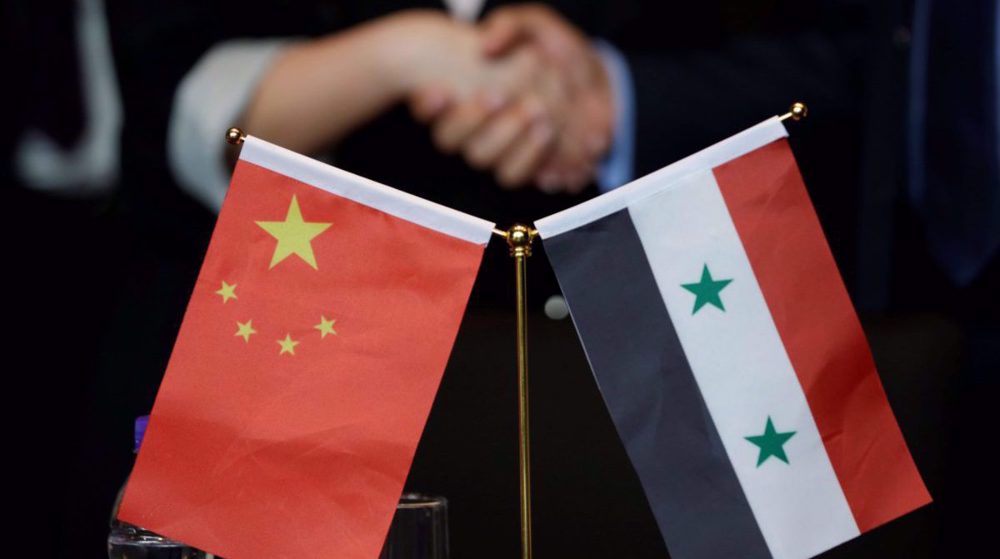

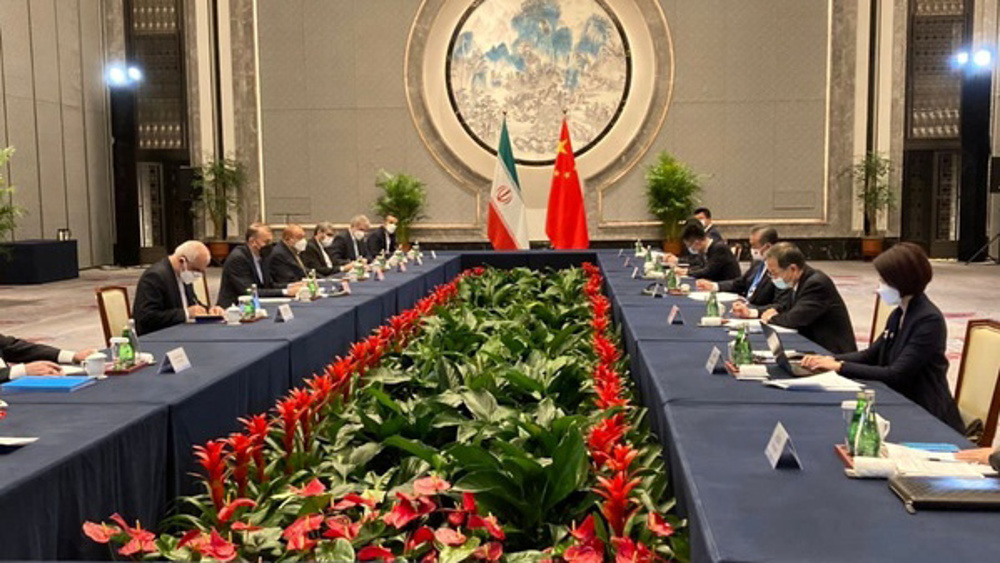
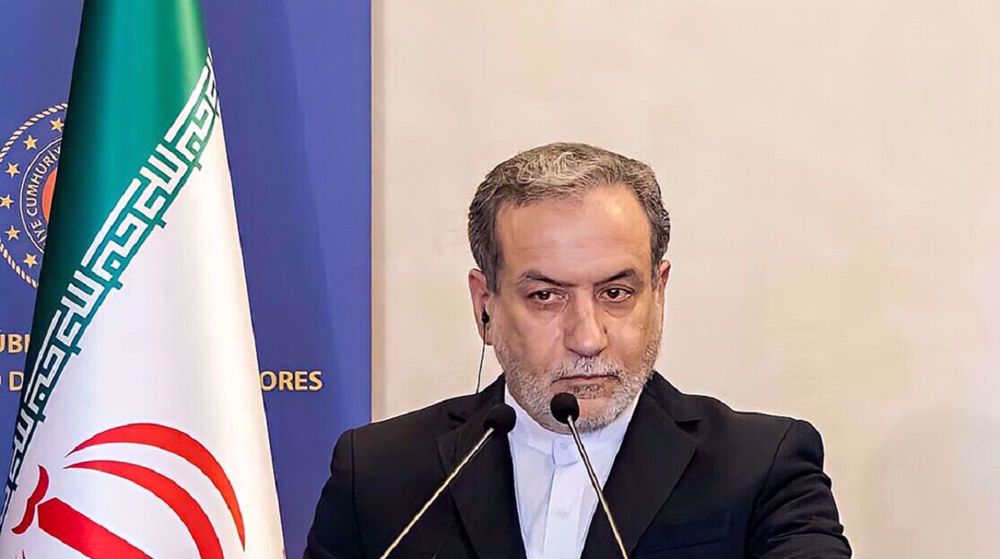
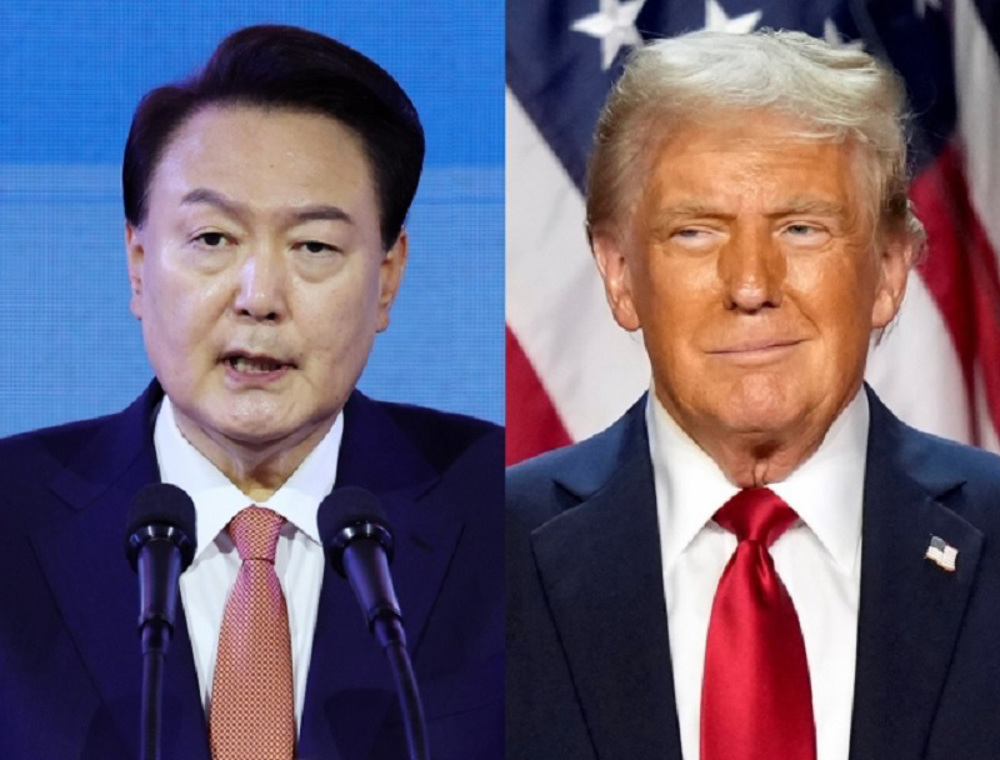
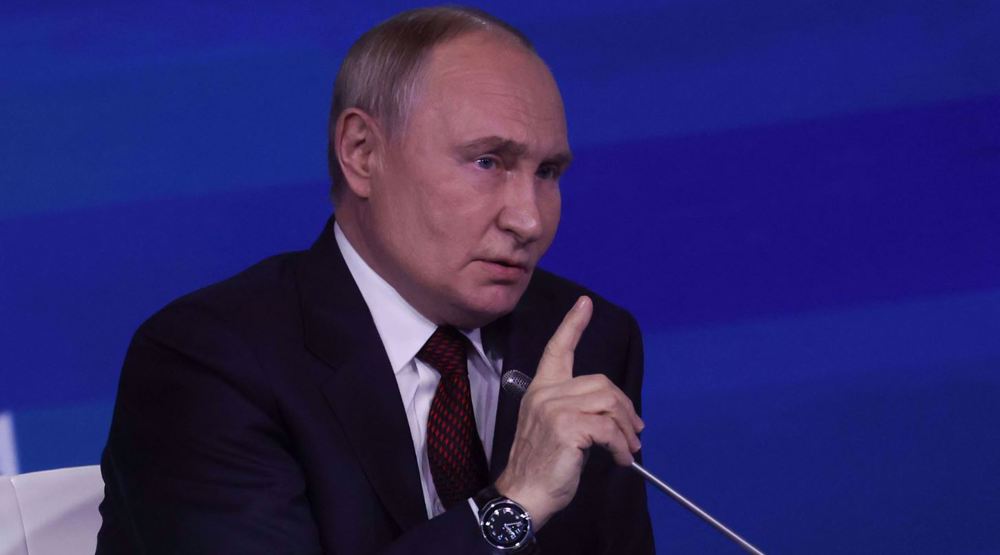



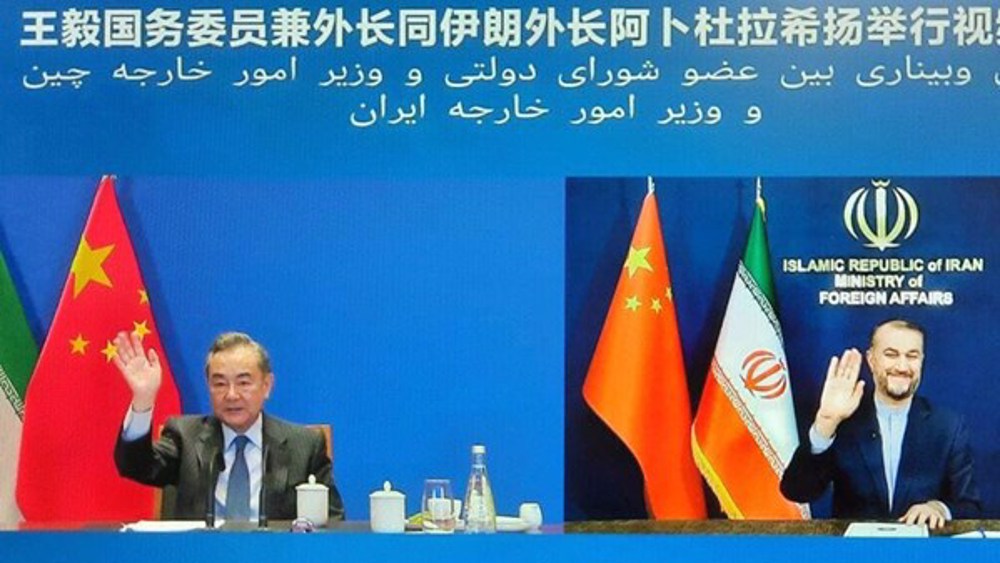
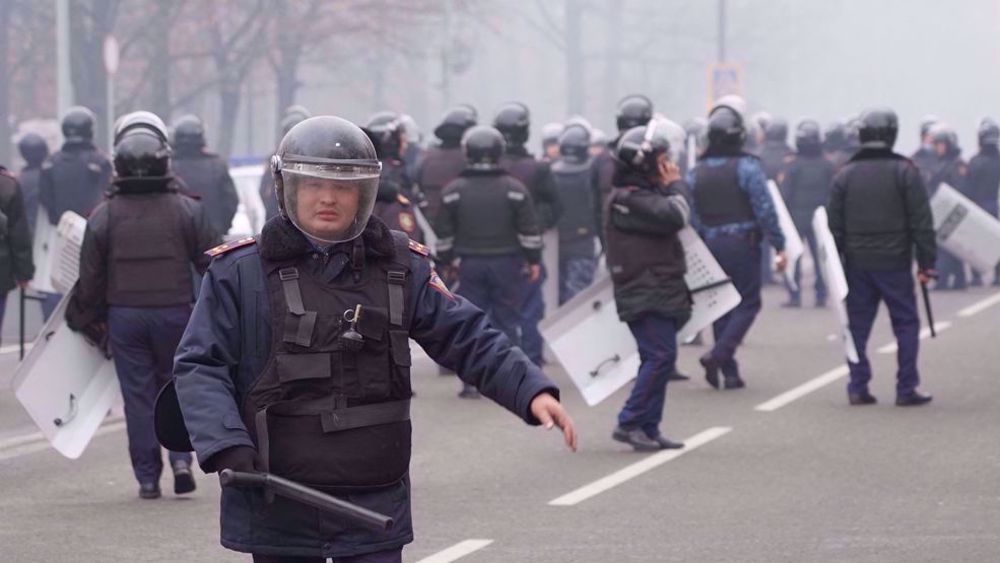
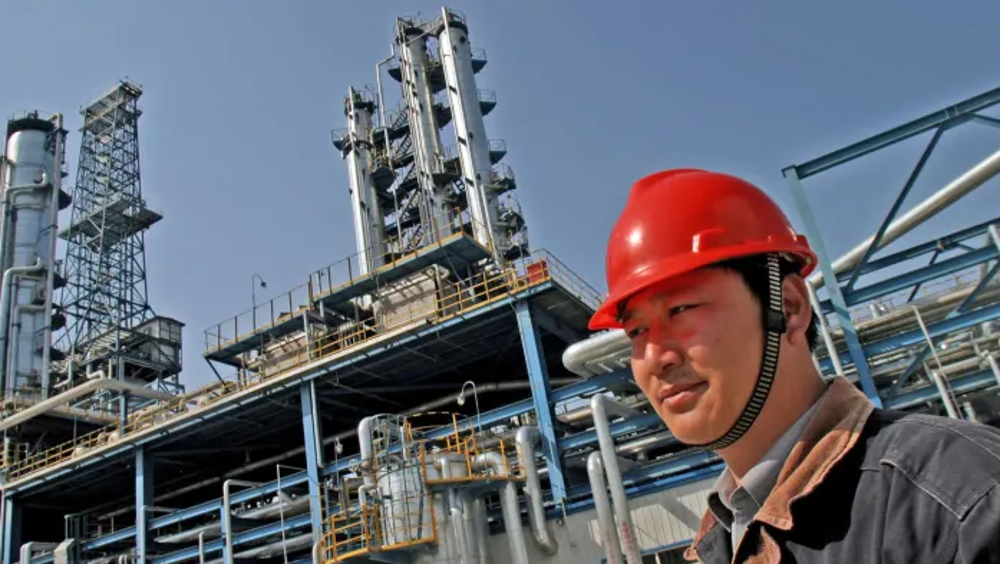
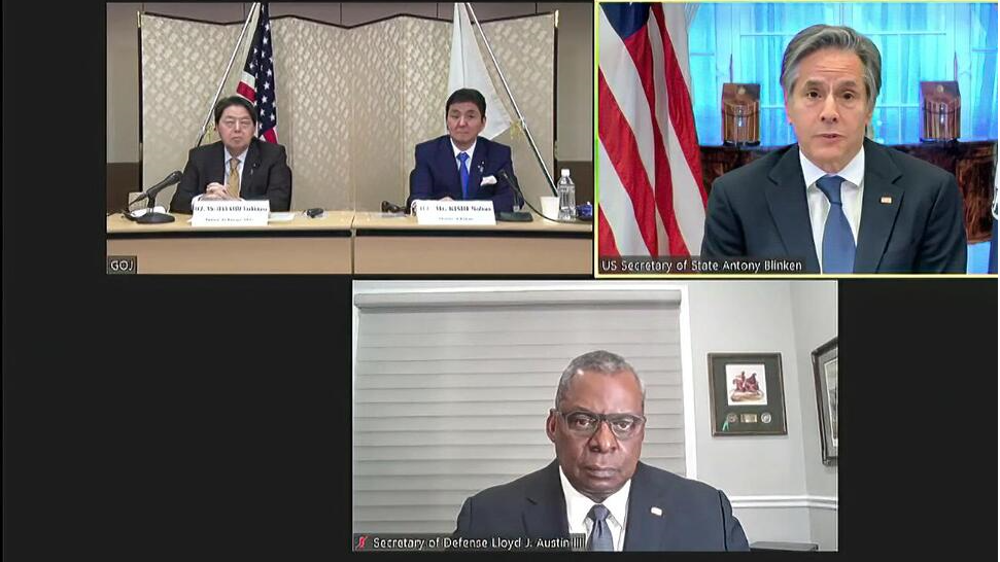
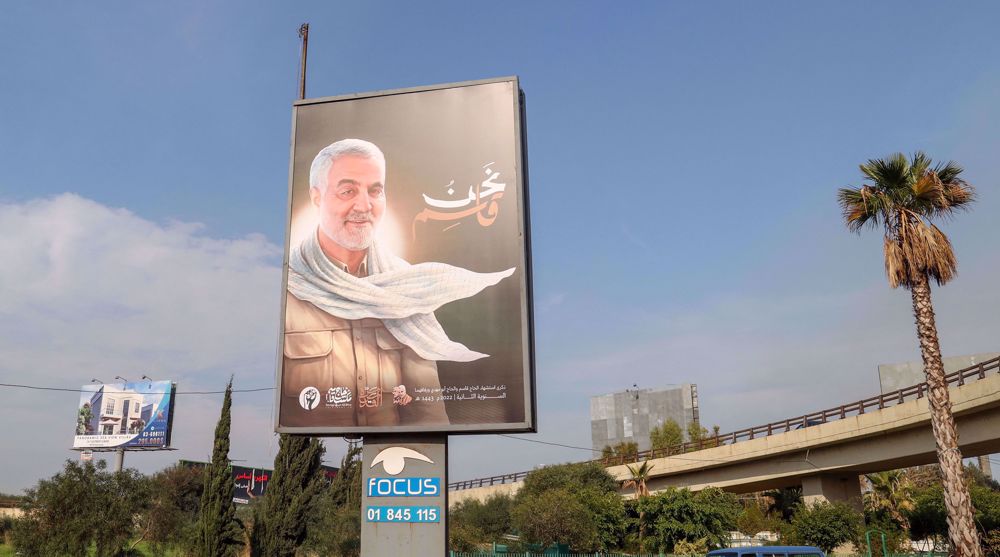

 This makes it easy to access the Press TV website
This makes it easy to access the Press TV website